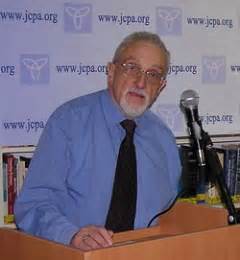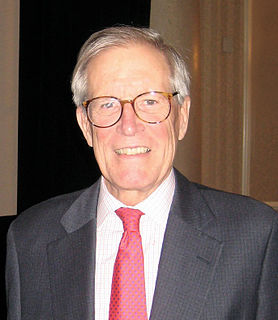A Quote by Anthea Butler
Despite a rich history of black Americans involved in the Catholic Church, invisibility is a big problem for black Catholics in America.
Related Quotes
We are not Black Muslims we are Muslims. You see, you have Catholics. You have Chinese Catholics, you have Indian Catholics, you have black Catholics and white Catholics. But I'm sure you don't ask a man are you a white Catholic? Are you a Chinese are you a yellow Catholic, a red Catholic, or a white Catholic? He's just a Catholic. We have black Muslims, we have brown Muslims, we have red Muslims, we have yellow Muslims, we have even white complected Muslims, so I'd like to clear that point, this is a press word, Black Muslims.
Black History is enjoying the life of our ancestors who paved the way for every African-American. No matter what color you are, the history of Blacks affected everyone; that's why we should cherish and respect Black history. Black history changed America and is continuing to change and shape our country. Black history is about everyone coming together to better themselves and America. Black history is being comfortable in your own skin no matter what color you are. Black history makes me proud of where I came from and where I am going in life.
The Catholic Church had strict racial attitudes and intolerance for anybody who was not Catholic. When I look at a lot of Black ministers and what went on in the Black church, I was more caught up with those who were in Cadillacs and shiny suits than I was with those who were Kingian in their style.
The Catholic church had a huge profound influence on me in that as you get older you realize that you can't blame everything; that there is good and bad, and things get misdirected. So I would call myself a black Catholic. I still have this attraction to it because all religions I'm not a fan of. I'm a fan of sort of belief in spirituality. So I would be into Christ rather than the Catholics.
We have to separate here the church in its broad sense. We have Catholics, Protestants, Eastern Orthodox churches. The Catholic church is a corporation like a chief executive. A fairly homogenous operation. Today its attitude toward anti-Semitism is much more severe than it's ever been. The Catholic Church today is much less the problem than the other groups.
There is a problem in America. An Irish or Polish American can write a story and it's an American story. When a Black American writes a story, it's called a Black story. I take exception to that. Every artist has articulated to his own experience. The problem is that some people do not see Blacks as Americans.
My biggest inspiration is black America and what they've done in the arts. I have always felt like an outsider in America, and what black Americans have done to add their chapter to this book called the American dream, and to be so unapologetic and true, and have added so much to art and culture in the world. Some of the greatest inspirations in my life have been black Americans. And I just wanted to say thank you. They've been a huge inspiration, to myself and this country.
The condition of visibility as it relates to black people was crucial. Connected to that, I've always been interested in science fiction and horror films and was acutely aware of the political and social implications of Ralph Ellison's description of invisibility as it relates to black people, as opposed to the kind of retinal invisibility that H.G. Wells described in his novel Invisible Man.
We recriminalized black life. Incarceration rates since the 1908s have gone through the roof, overwhelmingly black males, women and Hispanics to some extent. Essentially re-doing what happened under Reconstruction. That's the history of African Americans - so how can any one say there's no problem. Sure, racism is serious, but it's worse than that.



































